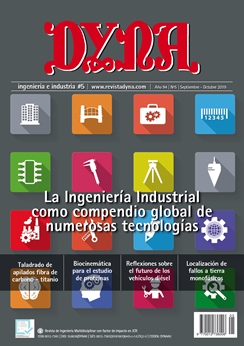TECHNOLOGICAL AND MANAGEMENT ASPECTS OF THE ANAEROBIC CO-DIGESTION OF SEWAGE SLUDGE WITH VEGETABLE AND ORGANIC WASTES
Keywords:
Codigestión, Residuos hortofrutícolas, Valoración energética de residuos, Digestión anaerobia, Co-digestion, Fruit and vegetable waste, Energy value of residues, Anaerobic digestion.Abstract
Sewage treatment plants (STPs) sanitize wastewater so that it can be discharged into natural watercourses. As a result of this treatment, biosolids or sludge are generated. Sludge disposal is a potential source of soil and water pollution, and its management can account for up to 50% of the operational costs of wastewater treatment facilities. On the other hand, the management of other sources of organic wastes such as fruit and vegetable waste (FVW) represent a challenge and an opportunity, due to their high volumes and potential energy valorization though biological and thermal processes. In this article, we review the main reports regarding anaerobic co-digestion of sewage sludge with FVW and similar residues. Only pilot and full-scale experiences were included in our search, in an attempt to provide a realistic assessment of the degree of technology adoption in industrial plants. Additionally, we review the current Chilean, European and American regulations regarding final disposal or elimination of sludge, with emphasis on those that involve waste energy valorization, such as incineration in cement plants.Downloads
Published
2019-09-01
Issue
Section
ARTICULOS

